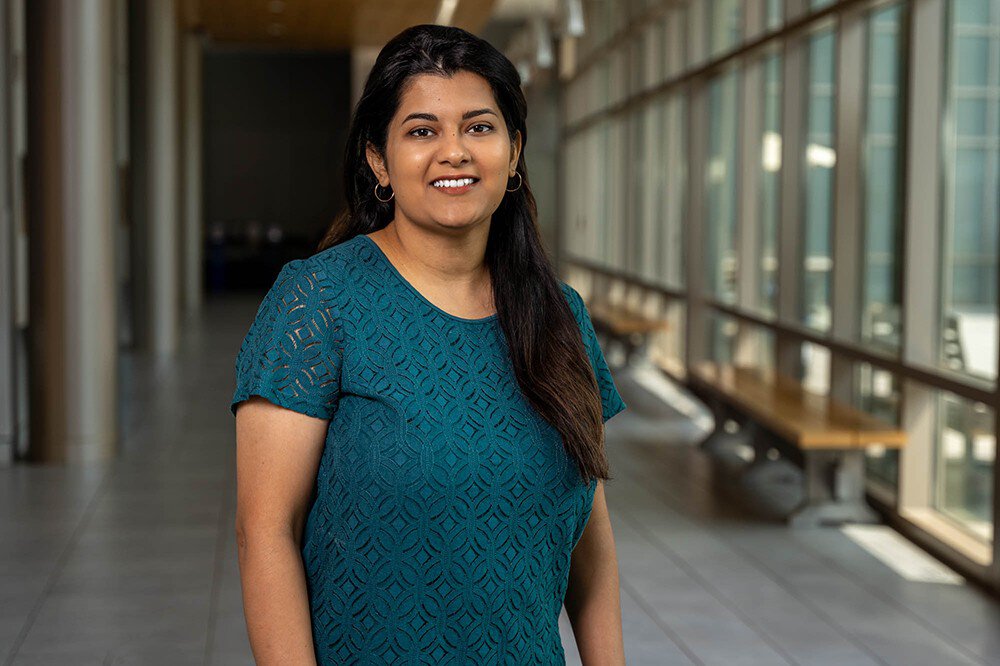Mobile Health Unit
We’re bringing breast and cervical cancer screenings to you.

MUSC Hollings Cancer Center was founded to be a source of cancer expertise for the people of South Carolina. We take this responsibility to heart. Our community outreach efforts are focused on ensuring that the same high-quality information and resources are available to all residents, no matter where in the state you are.

Associate Director, Community Outreach and Engagement
Community outreach efforts at Hollings are led by Marvella E. Ford, Ph.D. As a behavioral scientist with expertise in cancer disparities research, Ford is nationally known for developing novel and effective approaches to reducing health disparities. She oversees the development of community-based programs to effectively deliver cancer education and screening services across South Carolina.

Assistant Director, Data Science and Analytics
Sonawane leverages advanced data science, population health analytics, and strategic communication to strengthen collaboration between community stakeholders and Hollings. She supports Hollings’ mission by assessing cancer burden across rural and financially challenged communities, promoting bi-directional learning between researchers and community partners, and evaluating the impact of outreach and engagement initiatives.
She also directs the development of critical data infrastructure, analytic tools, and workflows that enable Hollings investigators to harness population-level data for research, program design, and strategic planning. Her work ensures that Hollings’ scientific and outreach efforts remain responsive to the evolving needs of its catchment area communities.

Our growing Community Outreach and Engagement Office is a collaborative effort that relies on community input for success. Dr. Ford and her team meet regularly with a seven-member Community Advisory Board, a vital link between the team and the community. Board members help to guide COE’s work by advising of gaps in education and understanding, and they serve as ambassadors of the cancer center by advocating for the work happening here.